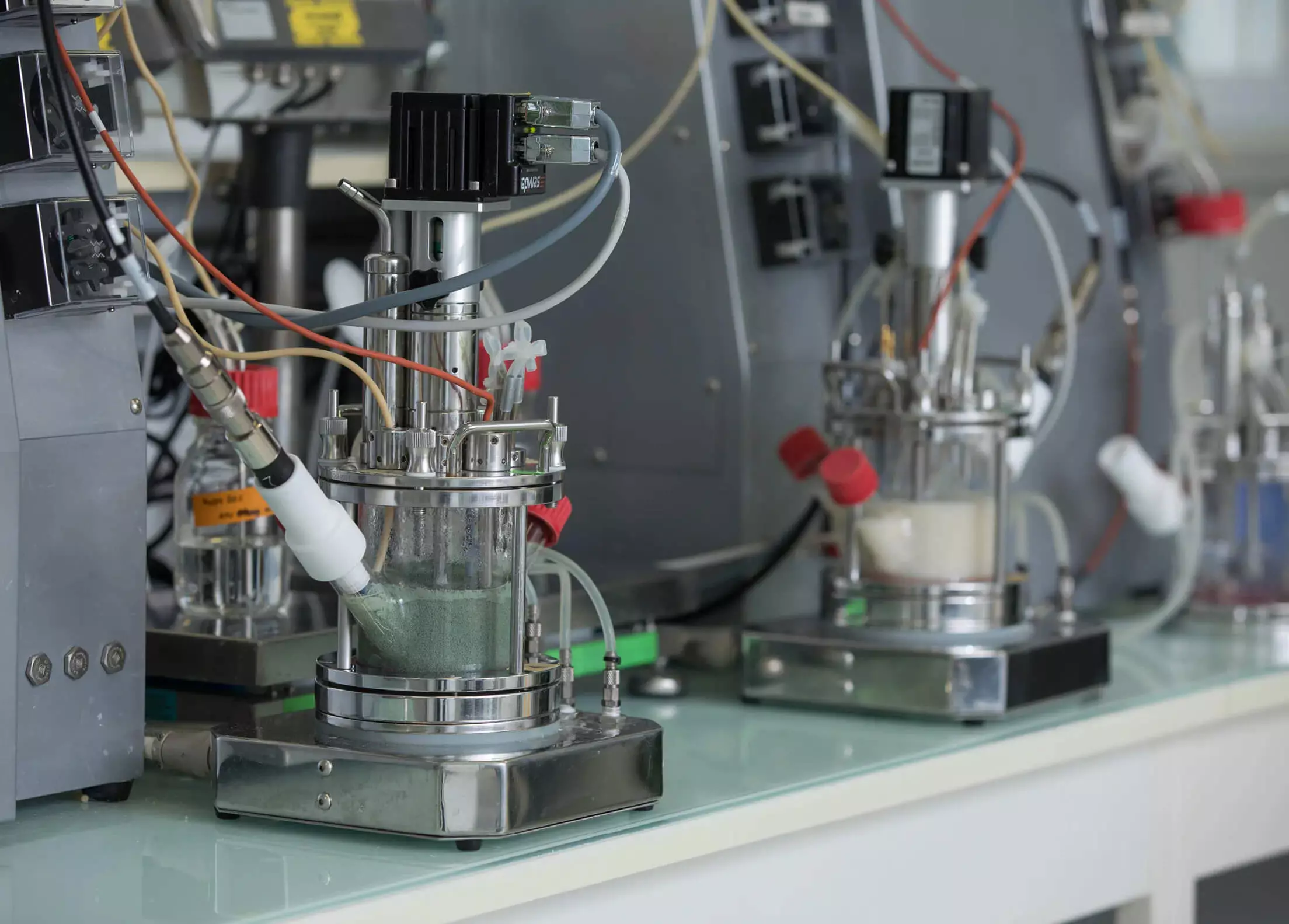First of all, the Michelin he doesn't want to make tires only from recycled plastic. Plastic, and in this specific case, the use of PET (polyethylene terephthalate), a thermoplastic polymer used abundantly these days (from clothes to water bottles and soft drinks), is just one of the many ingredients that make up the tire — more of 200 according to Michelin.
We usually say that a tire is made of rubber, but in reality it's not quite like that. A tire is not only made of natural rubber, but also synthetic rubber, steel, textile materials (synthetic), various polymers, carbon, additives, etc.
A mix of products, not all of them easily recyclable or reusable, makes the environmental impact of tires high — also during their use — leading Michelin to pursue the goal of having 100% sustainable tires by 2050 (part of the economy circular), ie using only renewable and recycled materials in its production, with an intermediate target of 40% of the materials used in its tires being sustainable by 2030.
recycled PET
PET is already used today by Michelin and other fiber manufacturers in the production of tires, at the rate of 800 thousand tons per year (total for the industry), the equivalent of 1.6 billion tires produced.
However, the recycling of PET, despite being possible by thermomechanical means, gave rise to a recycled material that did not guarantee the same properties as virgin PET, so it did not re-enter the tire production chain. It is at this point that an important step has been taken towards achieving a sustainable tire and this is where Carbios comes in.

Carbios is a pioneer in bioindustrial solutions that wants to reinvent the life cycle of plastic and textile polymers. To do this, it uses the enzymatic recycling technology of PET plastic waste. Tests carried out by Michelin made it possible to validate Carbios' recycled PET, which will allow its use in the production of tires.
Carbios' process uses an enzyme that is capable of depolymerizing the PET (contained in bottles, trays, polyester clothing), decomposing it into its monomers (the elements that are repeated in the polymer) which after passing through it again a polymerization process allows products to be made of 100% recycled and 100% recyclable PET plastic with the same quality as if they had been produced with virgin PET — according to Carbios, its processes allow for infinite recycling.
In other words, Carbio's recycled PET, tested by Michelin, obtained the same tenacity qualities required for the production of its tyres.
An advance that not only allows Michelin to more quickly reach its goal of producing sustainable tires, but will also allow to mitigate the production of virgin PET, petroleum-based (like all plastics) — according to Michelin's calculations, the recycling of practically three billion PET bottles allows you to get all the fibers you need.
